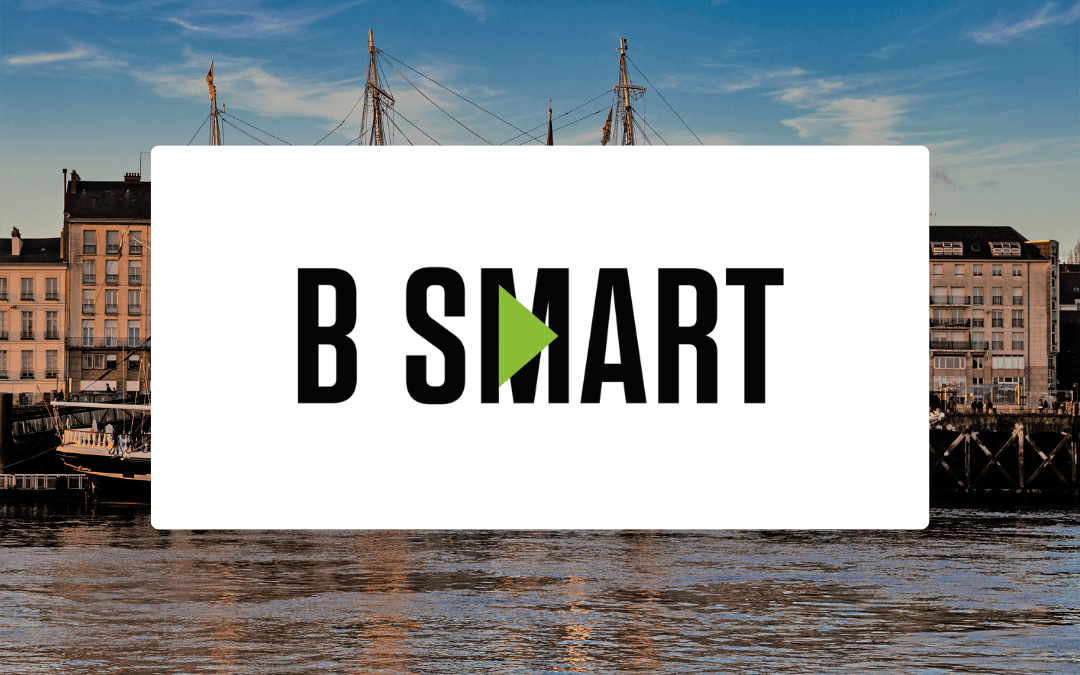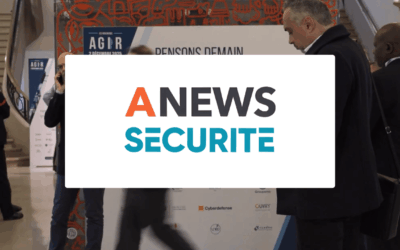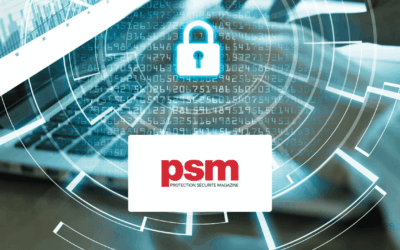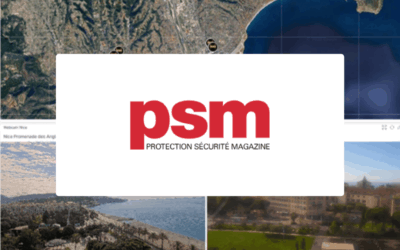In an interview with BSMART, Olivier Guillon, Head of the Data and AI Division at the Digital Transformation Department (DTN) of the Pays de la Loire Region, explains the value of Suadeo AI: strengthening data ownership among public agents, simulating scenarios and measuring their impact on public policies, supporting decision-making, and securing data through a sovereign AI. Below is the transcript of the conversation.
Delphine Sabattier, BSMART : Vous mettez en place une IA souveraine avec une entreprise francilienne, Suadeo. Quel est le projet au départ?
“The initial goal was to provide the region with a data catalog and tools that would allow business departments to take ownership of and make use of their own data. Then the project evolved. We started deploying it across different regional projects, and now AI is being added to enrich and energize those initiatives.”
Olivier Guillon, Head of Data & AI, Digital Transformation Department, Pays de la Loire Region
When you say AI, do you mean generative AI?
“Yes, it’s a generative AI, but also predictive.”
And you also mention a sovereign AI. Is this a new strategic priority?
“Not really. A local authority manages open data, what we call ‘commons’. But it also handles personal data, as well as data protected by economic or even industrial secrecy. Such data cannot be made public, or at least not until it has been anonymized and properly processed. So, we must ensure sovereignty over it.”
You’re working with a national French software provider, Suadeo. How far do you go in guaranteeing the sovereignty of this AI?
“We process our data within our own data warehouse at the Regional Council, so the AI operates directly where the data resides. There is no data leaving our systems.”
Tell us more about how it’s being used.
“This Data and AI platform simplifies access to data. Today, agents can access these datasets to create dashboards that help with reporting and decision-making.
The AI assists them in generating dashboards much more easily and quickly.
Next, we can run projections using algorithms that identify trends, helping us anticipate where we’re heading and on what timeline. This AI also allows us to test different parameters to see, based on various scenarios, how outcomes might change and what that means for public policy decisions.
For instance, in Transport, we can determine whether we need additional train cars based on passenger volumes and demographic trends.
It’s also useful for internal operations: for example, we can analyze the energy consumption of regional buildings and, using factors like price fluctuations or weather patterns, project next year’s consumption to better manage public funds.”
How do you approach implementation? Do you start with obvious use cases, or do you assess which departments are most ready to adopt AI?
“We work on the principle of shared data governance. That means data belongs to the business departments. They know how to use it and what to do with it.
So we don’t build massive “cathedral projects”. Each department comes with its own project, and within that context, the DTN helps determine where Suadeo can add value.
We work together to set it up in Suadeo, train them on how to use it, and then we manage the framework. So the departments are fully autonomous in exploiting their data.“
Watch the full interview on BSMART
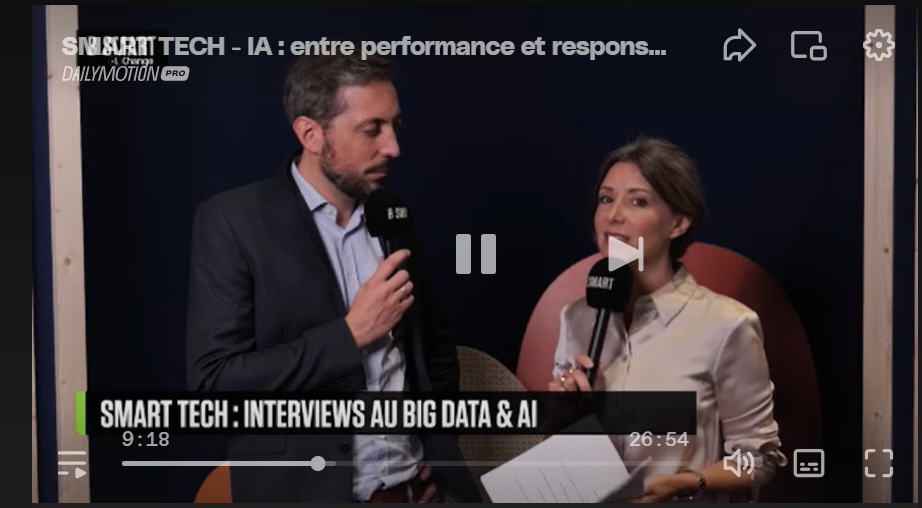
Interview with Olivier Guillon starts at 9:15

